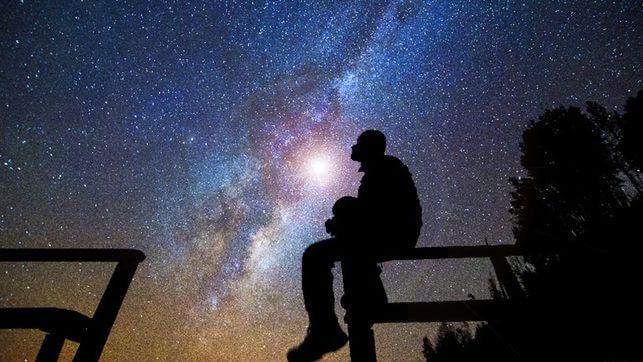The problem is that the evidence that has indeed piled up is a bit embarrassing. Maybe you've heard of the Great Silence.
Back in the fifties, Physicist Enrico Fermi noted that there was a contradiction between the lack of evidence and such high probability estimates for the existence of extraterrestrial civilizations. Main points: There are billions of stars in the our galaxy that are similar to the sun and many of these stars are billions of years older than our solar system. There is a high probability (Drake) that some of these stars have Earth-like planet, and if the Earth is typical, some may have develop intelligent life. Furthermore, some may have developed interstellar travel. Even at sub-light speeds, our galaxy could be completely traversed in a few million years.
The Earth should have already been visited by extraterrestrial aliens. At the very least, we should have picked up radio transmissions. This Great Silence, also known as the Fermi Paradox, led Fermi to ask, "Where is everybody?"
There are a whole slew of arguments made to explain the paradox—we aren't listening properly, everyone is listening and no one is transmitting, Earth is deliberately ignored, it's too dangerous to communicate, and so forth.
So, the question, "Are We Alone?" has some merit, in that the possibility that we are alone is far from unlikely. And if so, some amazing questions come to mind.
Why such a big place (Universe) for just our little planet?
What's the meaning of it all?
What's our purpose being here?
Are we the start of life in the Universe?
"Two possibilities exist: Either we are alone in the Universe or we are not. Both are equally terrifying." —Arthur C. Clarke
